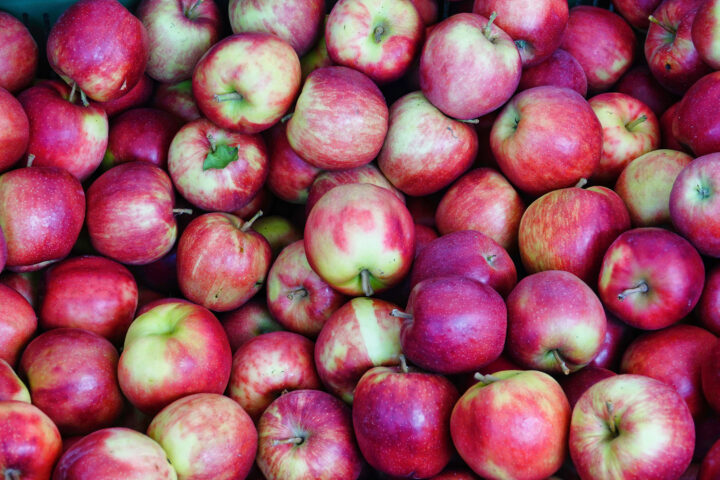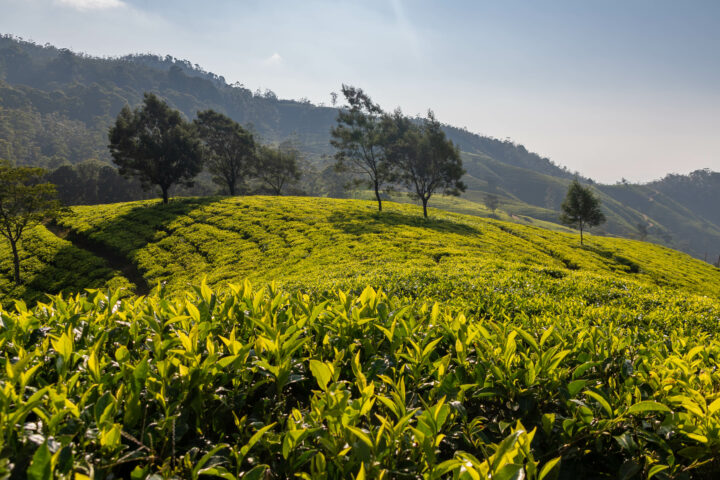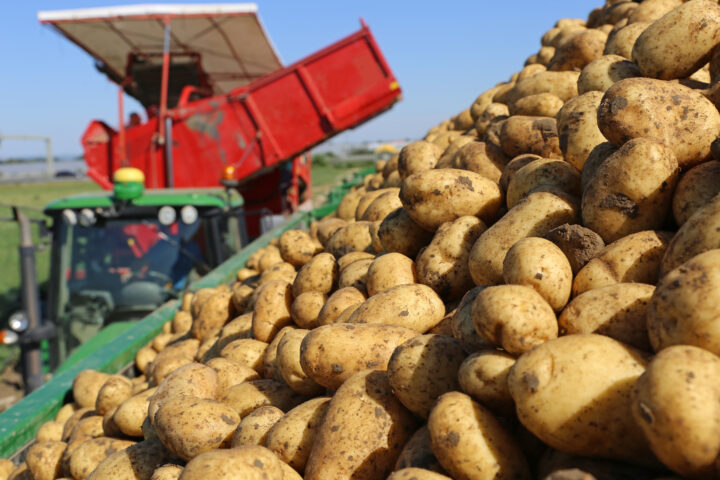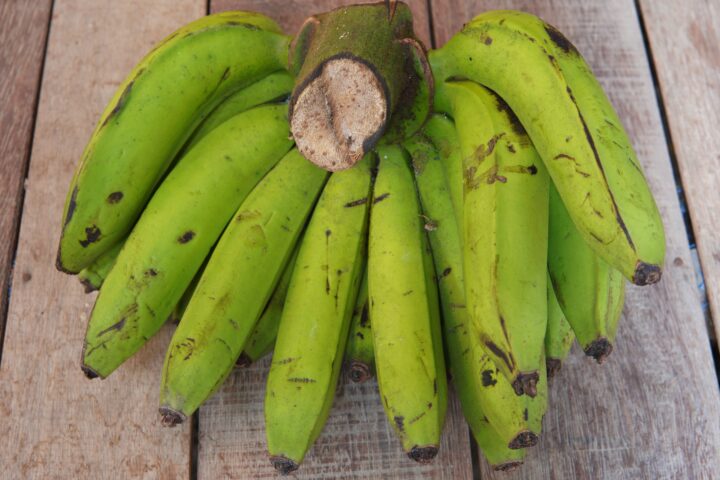
Cherry Vinegar Fly Endangers Switzerland's Traditional Tall Trees
Switzerland is witnessing a concerning decline in its traditional tall fruit trees. Not only is their upkeep labor-intensive, but the introduced cherry vinegar fly (Kirschessigfliege) has also wreaked havoc on their fruit. Addressing this requires immediate solutions, including resorting to pesticides.
Monday, September 4, 2023
These statuesque trees have long defined the Swiss landscape. Yet, the towering cherry, apple, and pear trees are now increasingly at risk. From a thriving population of 15 million in 1950, today barely two million remain. The shift towards more economically viable, smaller tree varieties is a significant factor. These shorter trees are simpler to maintain and can be shielded from threats like hail and birds using nets, a protection method unsuitable for their taller counterparts.
Cherry Vinegar Fly's Alarming Impact on Cherry Yield
Protective nets might deter the devastating cherry vinegar fly (Drosophila suzukii), one of the towering trees' most formidable adversaries. First identified in Switzerland in 2011, this Southeast Asian native infests fruits, rendering them unsellable. Martin Heller of the 'Hochstamm Suisse' association reveals, «The cherry vinegar fly is responsible for a staggering 99% loss in the cherry harvest.» Lukas Seehausen, an expert on fruit flies at the Cabi research institute in Delsberg, adds, «The situation has become so dire that many tall tree cultivators contemplate quitting.» This sentiment is evident in the Basel cherry region, where numerous cherry trees have already been felled.
The pressing nature of this issue has prompted «Hochstamm Suisse' to seek immediate interventions from the government. Beneficial organisms that counter the cherry vinegar fly are among the solutions under consideration. A promising contender is a type of parasitic wasp, introduced to the region by Martin Seehausen of CABI. Imported from Asia with proper authorization, these wasps lay their eggs inside the cherry vinegar fly larvae. As Seehausen elucidated to SRF, «Instead of the fly, it's the parasitic wasp that ultimately emerges.» When asked if introducing another species is wise, Seehausen assures that their extensive testing indicates minimal risk.
Nonetheless, this remains an initial trial approved by both CABI and Agroscope. Until more sustainable solutions are found, approved pesticides remain the primary defense for tall tree growers against these pests and the looming threat of tree removal.
Ecological Importance of Tall Trees
Tall tree fruits, though often too diminutive for direct consumption, are perfect for crafting products like cider, pear syrup, jams, or fruit brandies. While less lucrative than standard fruit production, these trees' ecological significance is undeniable. They are biodiversity hotspots, providing sanctuary for a myriad of birds, insects, and wildlife. Beyond that, their majestic presence beautifies the Swiss landscape.
Banking Sustainability Initiatives Pose Biodiversity Concerns
While tall tree fruits may not be ideal as table fruit due to their size, they are prime for various productions, notably fruit brandy. However, with banks such as the Aargau Cantonal Bank refraining from supporting hard liquor production in line with their sustainability commitments, the future of these tall trees hangs in the balance. The Association of Aargau Fruit Producers (VAOP) stresses that such strategies, although well-intended, inadvertently risk biodiversity. These tall trees not only beautify landscapes but also serve as crucial habitats for birds and diverse insect species.
Kindly note:
We, a non-native editorial team value clear and faultless communication. At times we have to prioritize speed over perfection, utilizing tools, that are still learning.
We are deepL sorry for any observed stylistic or spelling errors.
Related articles

Where the focus lies in apple breeding
The new head of Agroscope's fruit breeding research group is Andrea Patocchi. In an interview with the trade journal Obst + Wein, he explains where the focus of apple breeding lies today.

Chinese robot picks tea
There is a shortage of tea pickers in China. A robot developed by a researcher is set to remedy the situation and take over the work in future. Thanks to artificial intelligence, the machine can even recognise the shoots of the tea plant. The first harvesting robots are also already being developed in Switzerland.

Potato farmers want robust varieties
As the use of pesticides is to be massively reduced, the potato industry now wants to focus on more robust varieties. The industry has even concluded a target agreement with the federal government. This is ambitious: By 2040, robust varieties are to thrive on 80% of potato cultivation areas.

How genetic engineering is saving the Cavendish banana
The most popular banana variety - the so-called Cavendish banana - could soon disappear due to a persistent fungus. Australian researchers have developed a solution based on genetic engineering.

